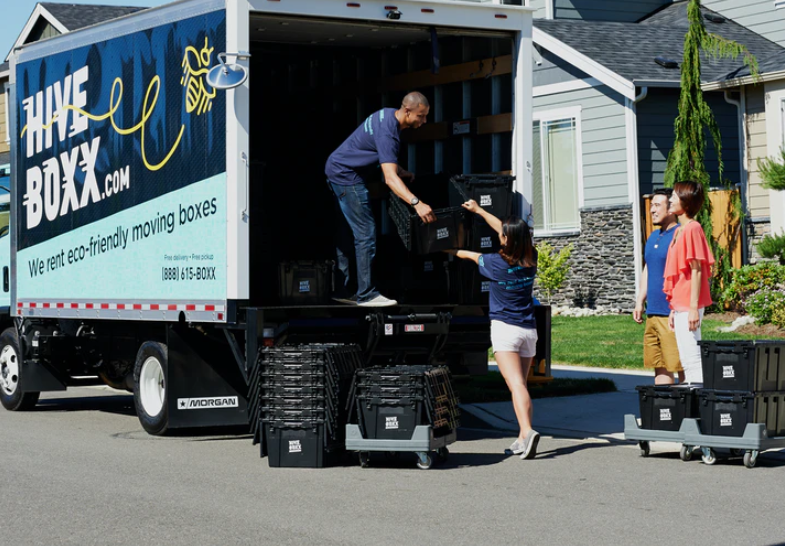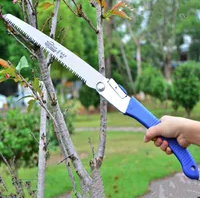Essential Preparations: Packing Items that Moving Companies Won’t Transport

How to move restricted items that a moving company won’t transport?

Going through the process of moving house can be difficult and stressful. It gets even more challenging when we find out certain items in our possession are deemed non-transportable by professional moving companies. Everything must be packed, labeled, and prepared perfectly, but suddenly there’s a hitch. Certain belongings are on the list of the kind of items not accepted by moving companies. Now, what do you do? Don’t worry, we have the essentials covered.
Understanding the policies set forth by moving companies can save considerable time and heartbreak when it comes to packing your belongings. There are specified limits and boundaries as to what can be packed and transported. This guide will take you through the essential preparation of those items that moving companies won’t transport. It will provide all the necessary information to help you understand and manage these prohibited items efficiently.
Reasons Behind Restrictions
It’s imperative to grasp the underlying rationale behind the existence of these stringent rules governing the transportation of certain items. The paramount concern driving these regulations is safety, aiming to safeguard both the movers and their belongings throughout the relocation process. While moving companies prioritize meeting customer expectations, adherence to state and national regulations holds equal significance. This adherence is crucial as certain items possess inherent risks, either due to their hazardous nature, potential danger, or the legal complications they might entail during transportation.
Categories of Non-Transportable Items
Next comes the categorisation of non-transportable items. Typically, they fall under four main classifications: hazardous materials, perishable food, personal or sentimental items, and plants.
- Hazardous Materials
Hazardous materials include items like aerosols, cleaning agents, paints and ammunition to name a few. These substances have the potential to explode or cause damaging reactions during the moving process. Other items like gasoline, propane cylinders, batteries and fire extinguishers are also counted under this category due to their volatile nature. Such goods have been restricted following regulations set by health and safety authorities.
- Perishable Foods
Perishable foods are another category of items that most moving companies will not transport. The reasons are hygiene and cleanliness related. The transportation process can take days, and during this timeframe, food items may spoil, causing odors or even attracting vermin, leading to unhygienic conditions. Hence, food items, particularly those already open, are typically discouraged.
- Personal or Sentimental Items
Personal or sentimental items such as cash, jewelry, important documents, and personal tapes or disks are usually not transported by moving companies. The primary reason behind this is the high value, both monetary and sentimental, associated with these items. In case of damage or loss, replacing them may not be possible, or it would be particularly costly. Therefore, it’s recommended to carry such items personally.
- House Plants
House plants fall under the category of items not transported by many moving companies. Several plants have specific light, temperature, and humidity requirements, which may not be met during transportation. Moreover, certain regions have environmental laws and regulations about bringing in plants from different areas to prevent the potential spread of pests and diseases.

Handling Prohibited Items
When dealing with hazardous materials, it’s prudent to exhaust these items or find alternative disposal methods before the move, such as donating them or adhering to local waste disposal regulations. Perishable foods should be consumed, shared with neighbors, or donated to local food banks to prevent wastage and ensure freshness. Personal or sentimental items warrant special attention and should be personally safeguarded throughout the move, possibly stored securely in a safety box that remains under your supervision at all times. As for plants, consider gifting them to loved ones, selling them, or donating them to ensure they find a new home where their care needs can be met beyond the relocation.
Specialized Equipment and Vehicles
Another aspect to consider when preparing for a move is the specialized equipment and vehicles utilized by moving companies. Certain items, such as large furniture pieces or delicate antiques, may require special handling or equipment that not all moving companies possess. Understanding these requirements can help ensure that your belongings are properly cared for during the move.
Insurance Coverage and Liability
It’s essential to consider insurance coverage and liability when planning a move. While moving companies typically offer basic coverage for transported items, it may not be sufficient to cover the full value of your belongings. Understanding the extent of coverage and considering additional insurance options can provide peace of mind and financial protection in case of loss or damage during the move.
Final Thoughts
Understanding these categories effectively and making the right choices is the key to a smooth packing and moving process. Every move comes with its challenges, but with the right preparation, even moving those items deemed non-transportable by moving companies can be less arduous. Remember, it’s all about being well-prepared and informed!








